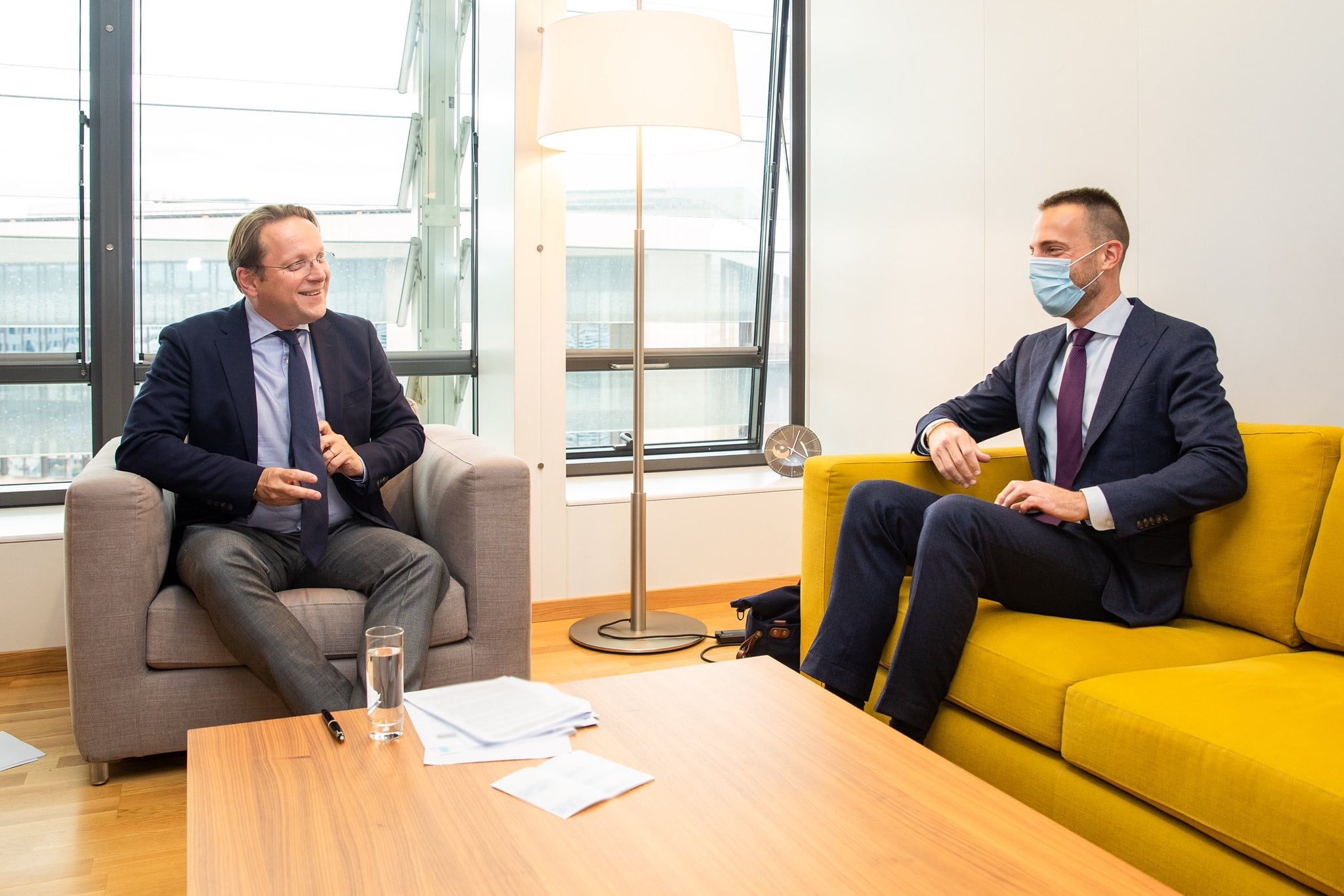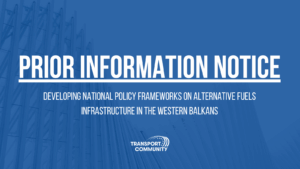
6 October 2020 – European Commission presented today its Economic and Investment Plan for Western Balkans. The plan presented by Commissioner Varhelyi, envisages unprecedented support of up to € 9 billion of funding for investment flagships in transport, energy, green and digital transition. As such, it paves the way to better integration of the Western Balkans transport markets into the EU, which will in turn offer new business opportunities and spur economic development.
“The plan will modernise economies of the region and start closing the development gap. This is crucial if we want that people of the Western Balkans see and feel the benefits of European integration. It envisions EU investments in transport and connectivity projects that will contribute to further integration in the region, as well as improving ties with the EU,” noted Matej Zakonjsek, Director of Transport Community Permanent Secretariat (TCT).
The plan, which is very much in line with TCT objectives, focuses on investments on the core Trans-European Transport Network, fast and efficient transport links, connectivity reform measures, as well as aligning and simplifying border crossing procedures.
In order to facilitate this process, TCT is working on adoption and implementation of the regional rail, road safety, transport facilitation and road action plans, in view of endorsement at the Ministerial Council of Transport Community on the 26th October 2020. In our work on developing the regional common market, we are cooperating with other regional organsiations to build on the green lanes initiative, and set up border monitoring tools (Galileo) of border-crossing waiting times at all BCPs located on the “green corridor” network.
“While supporting projects that are connecting Western Balkans partners among themselves and with the EU, we are pleased to see such clear support of the European Commission to transport projects in the region. COVID-19 pandemic heavily impacted transport, but new challenges and opportunities lie ahead of us. EU investments in priority areas and projects that should contribute to further integration in the region, as well as improving ties with the EU, will be crucial for more intensive growth and development of the private sector and its competitiveness,” Zakonjsek concluded.
The entire plan can be found on this link.










